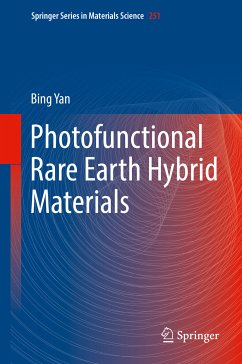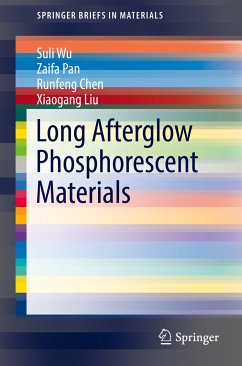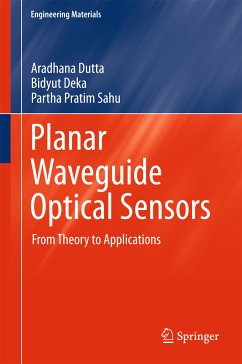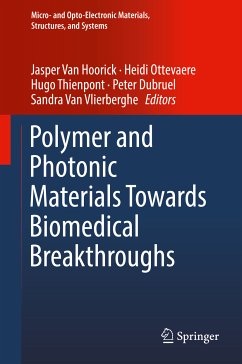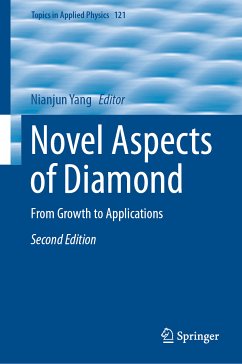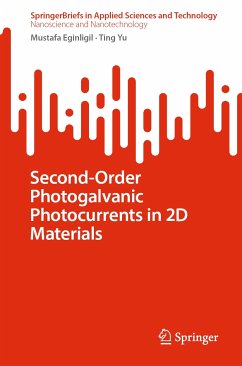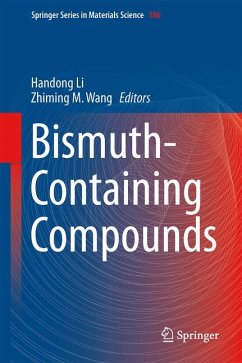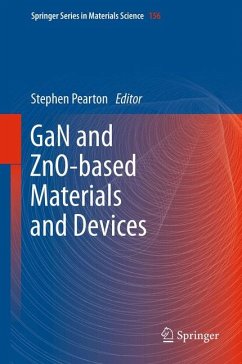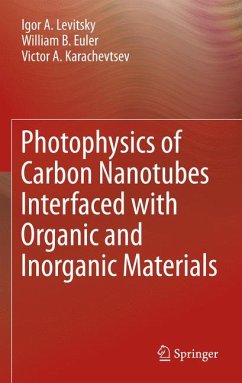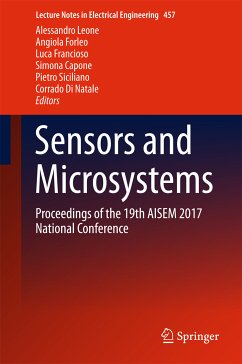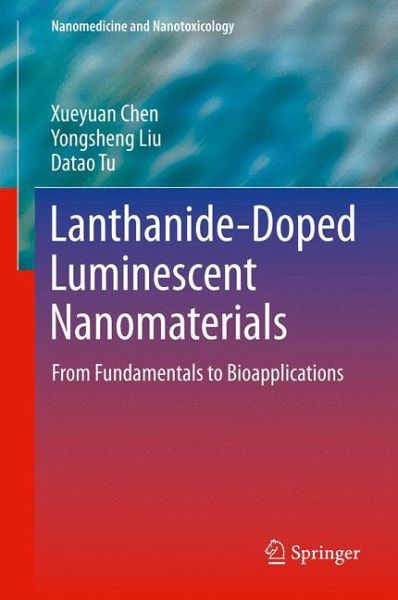
Lanthanide-Doped Luminescent Nanomaterials (eBook, PDF)
From Fundamentals to Bioapplications
Versandkostenfrei!
Sofort per Download lieferbar
72,95 €
inkl. MwSt.
Weitere Ausgaben:

PAYBACK Punkte
36 °P sammeln!
Lanthanide-Doped Luminescent Nanomaterials reviews the latest advances in the development of lanthanide-doped luminescent inorganic nanoparticles for potential bioapplications. This book covers the chemical and physical fundamentals of these nanoparticles, such as the controlled synthesis methodology, surface modification chemistry, optical physics, and their promising applications in diverse bioassays, with an emphasis on heterogeneous and homogeneous in-vitro biodetection of tumor biomarkers.This book is intended for those readers who are interested in systematically understanding the materi...
Lanthanide-Doped Luminescent Nanomaterials reviews the latest advances in the development of lanthanide-doped luminescent inorganic nanoparticles for potential bioapplications. This book covers the chemical and physical fundamentals of these nanoparticles, such as the controlled synthesis methodology, surface modification chemistry, optical physics, and their promising applications in diverse bioassays, with an emphasis on heterogeneous and homogeneous in-vitro biodetection of tumor biomarkers.
This book is intended for those readers who are interested in systematically understanding the materials design strategy, optical behavior of lanthanide ions, and practical bioapplications of lanthanide nanoparticles. It primarily focuses on the interdisciplinary frontiers in chemistry, physics and biological aspects of luminescent nanomaterials. All chapters were written by scientists active in this field and for a broad audience, providing both beginners and advanced researchers with comprehensive information on the subject.
Xueyuan Chen is a Professor at Fujian Institute of Research on the Structure of Matter (FJIRSM), Chinese Academy of Sciences.
Yongsheng Liu is a Research Associate Professor at FJIRSM, Chinese Academy of Sciences.
Datao Tu is a Research Assistant Professor at FJIRSM, Chinese Academy of Sciences.
This book is intended for those readers who are interested in systematically understanding the materials design strategy, optical behavior of lanthanide ions, and practical bioapplications of lanthanide nanoparticles. It primarily focuses on the interdisciplinary frontiers in chemistry, physics and biological aspects of luminescent nanomaterials. All chapters were written by scientists active in this field and for a broad audience, providing both beginners and advanced researchers with comprehensive information on the subject.
Xueyuan Chen is a Professor at Fujian Institute of Research on the Structure of Matter (FJIRSM), Chinese Academy of Sciences.
Yongsheng Liu is a Research Associate Professor at FJIRSM, Chinese Academy of Sciences.
Datao Tu is a Research Assistant Professor at FJIRSM, Chinese Academy of Sciences.
Dieser Download kann aus rechtlichen Gründen nur mit Rechnungsadresse in A, B, BG, CY, CZ, D, DK, EW, E, FIN, F, GR, HR, H, IRL, I, LT, L, LR, M, NL, PL, P, R, S, SLO, SK ausgeliefert werden.




